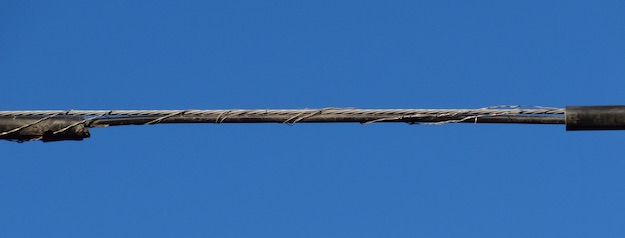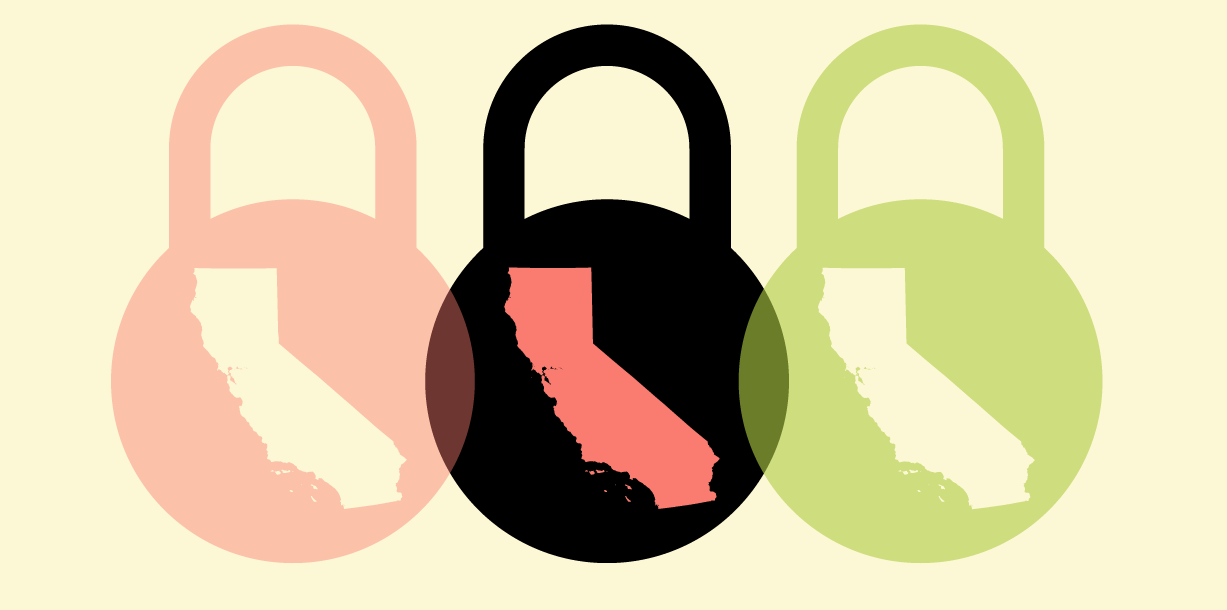Sneak peek at FCC's pending preemption of local wireless reviews?
![By DanTD (Own work) [CC BY-SA 3.0 (https://creativecommons.org/licenses/by-sa/3.0) or GFDL (https://www.gnu.org/copyleft/fdl.html)], via Wikimedia Commons](https://www.tellusventure.com/images/2017/10/historic_pole.jpg)
Some poles are history.
The Federal Communications Commission might have given us a preview of what its intended preemption of state and local discretion over wireless sites will look like. Later this month, commissioners will vote on whether or not to exempt replacement utility poles, that are used to support new wireless facilities, from historical preservation reviews. At the top level, it’s about extending an existing historical review exemption for towers to utility poles that aren’t presently supporting wireless equipment.… More

![By Loozrboy from Toronto, Canada (Big Foot) [CC BY-SA 2.0 (https://creativecommons.org/licenses/by-sa/2.0)], via Wikimedia Commons](https://www.tellusventure.com/images/2017/4/big_foot_625.jpg)



![By Charles O'Rear, 1941-, Photographer (NARA record: 3403717) (U.S. National Archives and Records Administration) [Public domain], via Wikimedia Commons](https://www.tellusventure.com/images/2016/5/copper_fog.jpg)
![By Grand Parc - Bordeaux, France from France This image was downloaded from Flickr by Medium69. Cette image a été téléchargée depuis Flickr par Medium69. (Pinnochio) [CC BY 2.0 (https://creativecommons.org/licenses/by/2.0)], via Wikimedia Commons](https://www.tellusventure.com/images/2015/3/pinocchio.jpg)
![By Krunal Shah (Own work) [CC BY-SA 4.0 (https://creativecommons.org/licenses/by-sa/4.0)], via Wikimedia Commons](https://www.tellusventure.com/images/2017/10/ag_drone.jpg)

